By: Sravani Kaza
Everyone in society strives to achieve overall happiness and satisfaction in their lives. As individuals, we are taught from a young age about what living a successful life means. Younger children are often asked the question of what they want to be when they grow up, and kids generally answer with out of the box professions such as an astronaut or a princess. Adults usually chuckle at these responses because they know that these professions are not realistic in the long run. As we grow older, we are taught that success can only be measured based on the job you have, how much income you earn, what house you live in, and what kind of car you drive. The career paths that are generally viewed as successful are the traditional ones such as business, medicine and healthcare, computer science, engineering, and law along with a few more. These occupations are usually seen as successful because they are prestigious and also come with a decent paycheck. However, there is so much more to life than merely looking at the definition and idea of success on a superficial level.
Growing up, my parents have always stressed the importance of education and landing a successful career when I grow up. Thus, every single thing that I did and everything I took part in during high school was driven by the advice that my parents had instilled in me. I didn’t really think to question it or try to create my own definition of success and happiness. The outbreak of the coronavirus pandemic encouraged me to view the idea of life differently than I had before and forced me to create my own idea of what I want out of my life. There are very few people in my life who fall outside of the traditional, stereotypical path when it comes to choosing a career. However, those are the people that I am most inspired and motivated by because it takes an immense amount of bravery and courage to step up and do something differently than the rest of the world. For example, one of my best friends is an artist and she always has been ever since she was a little girl. Art has always been her passion for as long as I can remember and she decided to major in graphic design in college. She chose to build her own path in her life rather than following the crowd and choosing a major based on what she was supposed to choose or based on what others wanted her to choose. She knew what she wanted out of her life so she chose to go after her dreams and ambitions.
It can be very difficult to live your life according to your own terms and to not care about what others in your life think and what they want for you as we are constantly surrounded by people in our daily lives. It is important to take in everything from your surroundings and use that in order to find your true passion and what you want out of your life. After all, you are the one that will be living your life and not anyone else so it is crucial to act according to what will truly make you genuinely happy and not based on making others happy. If you follow your dreams, they will eventually take you where you are meant and destined to be.
Now, I try my best to live my life based on this newfound wisdom and outlook on life. I realized that being happy in life is all that matters in the long run and that everything else will eventually fall into place. Creating a life that you love and one that you are satisfied, happy, and content with is the only thing that matters at the end of the day. Whether you are an artistic visionary, an entrepreneur, an engineer, a musician, an athlete, or one of the many other possibilities out there, make sure that you stay true to who you are and to your individual ambitions in life. Don’t let other people’s metrics and measures of success become your own. Design a life that you love and live that life to the absolute fullest. Ultimately, pave your own unique path in your life and you will be happy and content.
